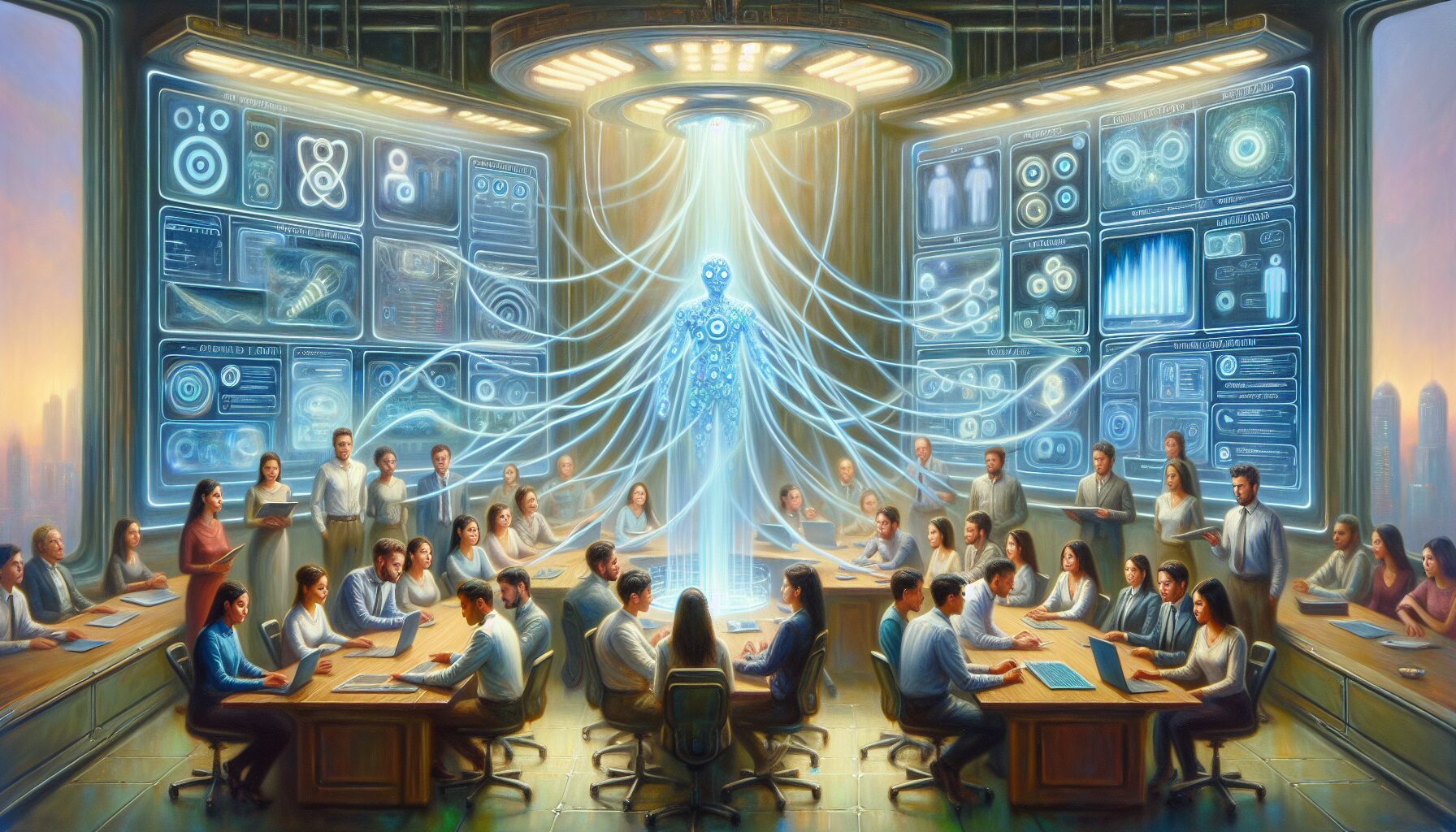The Evolution of Automated Marketing in CRM Platforms
Automated marketing within Customer Relationship Management (CRM) platforms has transformed how businesses engage with their audiences. Traditionally, marketing campaigns required significant manual effort—segmenting contacts, scheduling emails, and personalising content. However, the advent of automation tools integrated into CRM systems like HubSpot has revolutionised this process. These tools enable marketers to design sophisticated workflows that trigger personalised communications based on user behaviour, lifecycle stages, or demographic data.
Beyond basic email automation, modern CRM platforms now support multi-channel engagement strategies, incorporating SMS, social media messaging, and even chatbots. This seamless integration ensures that brands maintain consistent communication across all customer touchpoints without the need for constant manual oversight. As a result, businesses can nurture leads more effectively, increase conversion rates, and enhance customer loyalty.
The shift towards automated CRM marketing also reflects broader trends in digital transformation. Companies are increasingly leveraging artificial intelligence (AI) and machine learning algorithms to predict customer needs and optimise campaign performance dynamically. This evolution positions automation not merely as a time-saving tool but as a strategic asset central to competitive advantage.
Beyond HubSpot: Exploring Diverse Automated Marketing Ecosystems
While HubSpot is often regarded as a leader in CRM marketing automation, an expanding array of platforms offers unique capabilities that cater to different business needs and scales. For example, Salesforce Marketing Cloud integrates deeply with its CRM suite to provide AI-driven customer journeys and extensive data analytics. Similarly, platforms like ActiveCampaign and Marketo focus on delivering highly customisable automation workflows suited for mid-sized enterprises.
This diversity allows organisations to select solutions tailored to their industry-specific requirements or technical ecosystems. Some platforms specialise in integrating with e-commerce engines or advanced content management systems to automate product recommendations or dynamic landing pages. Others prioritise ease of use and quick deployment for small businesses seeking immediate impact without complex setup.
Choosing the right automated marketing ecosystem involves assessing factors such as integration capabilities, scalability, user experience, and AI sophistication. Businesses that invest time in identifying a platform aligned with their objectives can unlock more nuanced audience segmentation and personalised engagement than generic tools might allow.
Strategic Advantages of Implementing Automated CRM Marketing
Implementing automated marketing within CRM systems delivers strategic benefits that extend well beyond operational efficiency. One key advantage is enhanced personalisation at scale. Automation enables marketers to tailor messages based on real-time data insights—such as browsing behaviour or past purchases—creating more relevant interactions that resonate with individual customers.
Moreover, automation facilitates continuous engagement through drip campaigns and triggered workflows that nurture leads throughout their journey without requiring constant manual input. This sustained dialogue builds trust and increases the likelihood of conversion while freeing up marketing teams to focus on creative strategy and innovation.
Another crucial benefit lies in analytics and optimisation. Automated systems capture vast amounts of behavioural data that can be analysed to refine targeting strategies continually. Marketers can test different approaches through A/B testing within automated workflows to determine what drives the highest engagement rates, ensuring campaigns evolve responsively to customer preferences.
Challenges and Best Practices for Maximising Automated Marketing Effectiveness
Despite its many advantages, automated marketing within CRM platforms presents several challenges that businesses must navigate carefully. One common pitfall is over-automation leading to impersonal communication that alienates customers. Striking the right balance between automation efficiency and human touch is essential for maintaining authentic relationships.
Data quality is another critical factor; inaccurate or outdated customer information can result in misguided targeting and irrelevant messaging. Regular data cleansing practices and integration checks are necessary to maintain the integrity of automated workflows.
To maximise effectiveness, businesses should adopt best practices such as segmenting audiences thoughtfully based on behavioural triggers rather than static lists, continuously monitoring campaign performance metrics, and incorporating feedback loops for ongoing improvement. Additionally, aligning automated marketing strategies with broader organisational goals ensures coherence across departments and channels.
Conclusion: The Future Landscape of Automated CRM Marketing
Automated marketing embedded within CRM platforms represents a paradigm shift in how organisations connect with their customers. As technology continues to advance—with greater AI integration, predictive analytics, and omnichannel capabilities—automation will become increasingly sophisticated and indispensable.
Businesses that embrace these innovations thoughtfully stand to benefit from deeper customer insights, more personalised experiences, and improved operational agility. However, success hinges on selecting appropriate tools aligned with strategic goals and maintaining a human-centric approach amidst technological complexity.
Ultimately, automated CRM marketing is not simply about efficiency gains but about creating meaningful dialogues at scale that foster long-term loyalty in an ever-more competitive digital landscape.
Notes
- Companies using automated email workflows see an average increase of 18% in revenue (Source: DMA Report 2024).
- By 2026, Gartner predicts over 80% of marketing campaigns will leverage AI-driven automation.
- Personalised marketing emails improve click-through rates by up to 14% compared to non-personalised ones.

